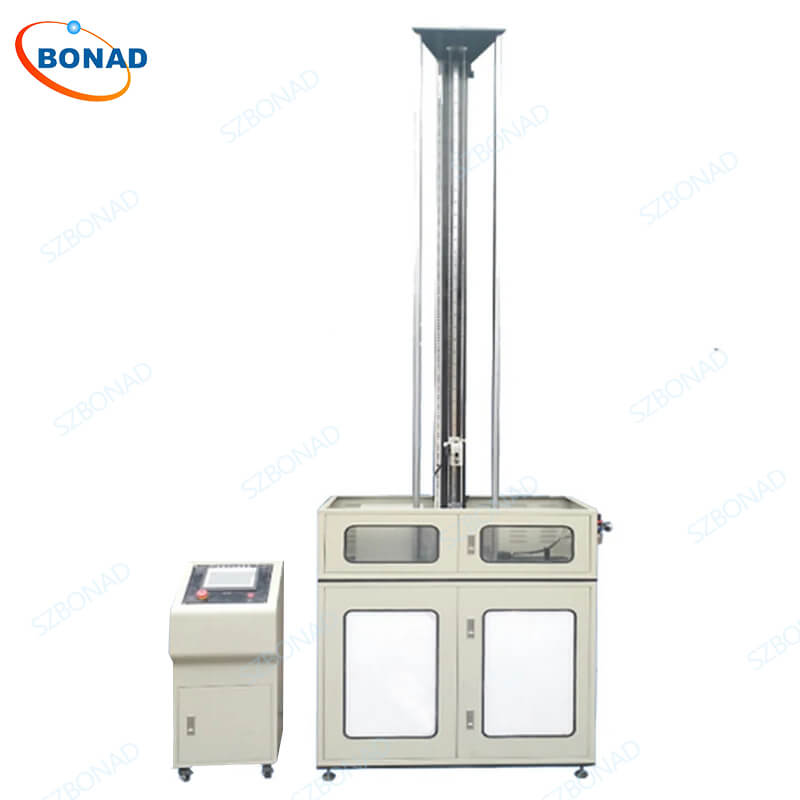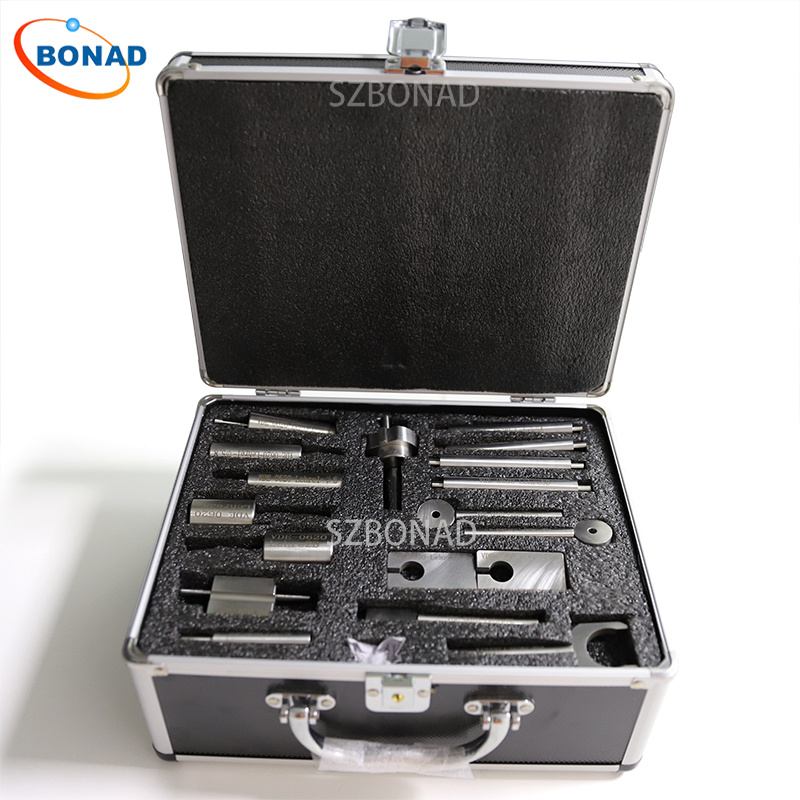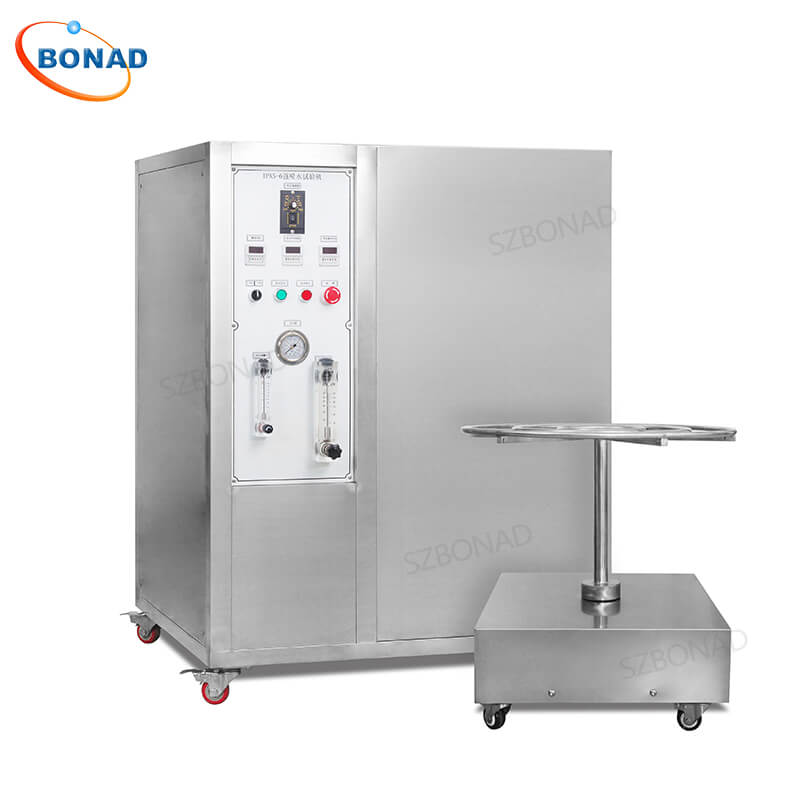Impact testing is essential for validating material performance in aerospace, automotive, and manufacturing industries. Two primary systems dominate this field: pendulum impact testers and drop towers. While both measure a material’s resistance to impact, their applications differ significantly. Here’s how to choose the right equipment for your needs.
Pendulum Impact Tester vs Drop Tower: Core Differences
- Pendulum Impact Tester: Uses a swinging hammer to strike a horizontally mounted sample. Measures energy absorption at the lowest arc point (horizontal plane). Ideal for standardized specimen tests.
Standards Supported: Charpy (ISO 179-1/ASTM D6110), Izod (ISO 180/ASTM D256). - Drop Tower: Drops a mass vertically onto a sample. Measures force via load cell and captures deformation data. Accommodates custom shapes and complex tests.
Standards Supported: ISO 11343, ISO 8256, ASTM D3763, ASTM D7136, and custom protocols.
Pendulum Impact Tester
Pendulum testers excel in horizontal-impact QC tests for raw materials.

Drop Weight Impact Tester
Drop towers test finished products and custom geometries in vertical plane.

Key Selection Criteria
1. Standards Compliance
- Pendulum Testers are mandatory for Charpy/Izod certification (ISO 179-1, ASTM D256).
- Drop Towers cover broader standards (e.g., high-speed puncture ISO 6603-2) and internal OEM protocols (e.g., automotive puncture tests).
⚠️ *Drop towers cannot replace pendulums for ISO 179-1/ASTM D256 certification.*
2. Material & Specimen Type
- Pendulum Testers: Optimized for brittle materials (e.g., engineering thermoplastics) and standardized specimens (notched rectangular samples).
- Drop Towers: Ideal for ductile materials (e.g., polyolefins), finished products, and custom-shaped samples.
3. Application Stage
| Stage | Pendulum Tester | Drop Tower |
|---|---|---|
| R&D | Limited flexibility | Flexible sample geometry & custom tests |
| QC | Essential for certification | Supplemental validation |
4. Industry-Specific Needs
- Automotive/Aerospace: Drop towers validate fuel-efficient polymers and composites via OEM-specific tests (e.g., puncture resistance).
- Raw Material Producers: Use pendulums for QC certification and instrumented drop towers for R&D of advanced composites.
When to Use Each System
- Choose a Pendulum If:
- Certifying materials to Charpy/Izod standards.
- Testing brittle, standardized specimens for QC.
- Choose a Drop Tower If:
- Testing finished products or custom geometries.
- Running non-standard tests (e.g., tensile impact, multi-axis impacts).
- Researching material deformation properties.
Conclusion: Complementary Solutions
Pendulum impact testers and drop towers serve distinct roles:
- Pendulums = QC & Certification (standards-compliant raw materials).
- Drop Towers = R&D & Real-World Simulation (finished products, advanced materials).
For comprehensive impact testing, many labs deploy both systems to cover all stages—from R&D prototyping to final certification.


